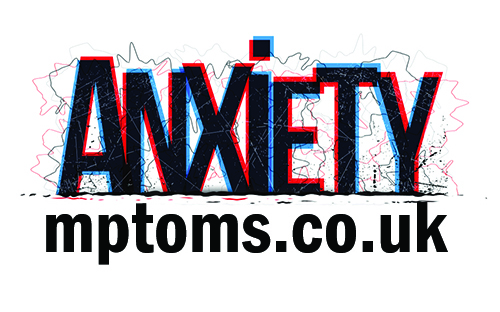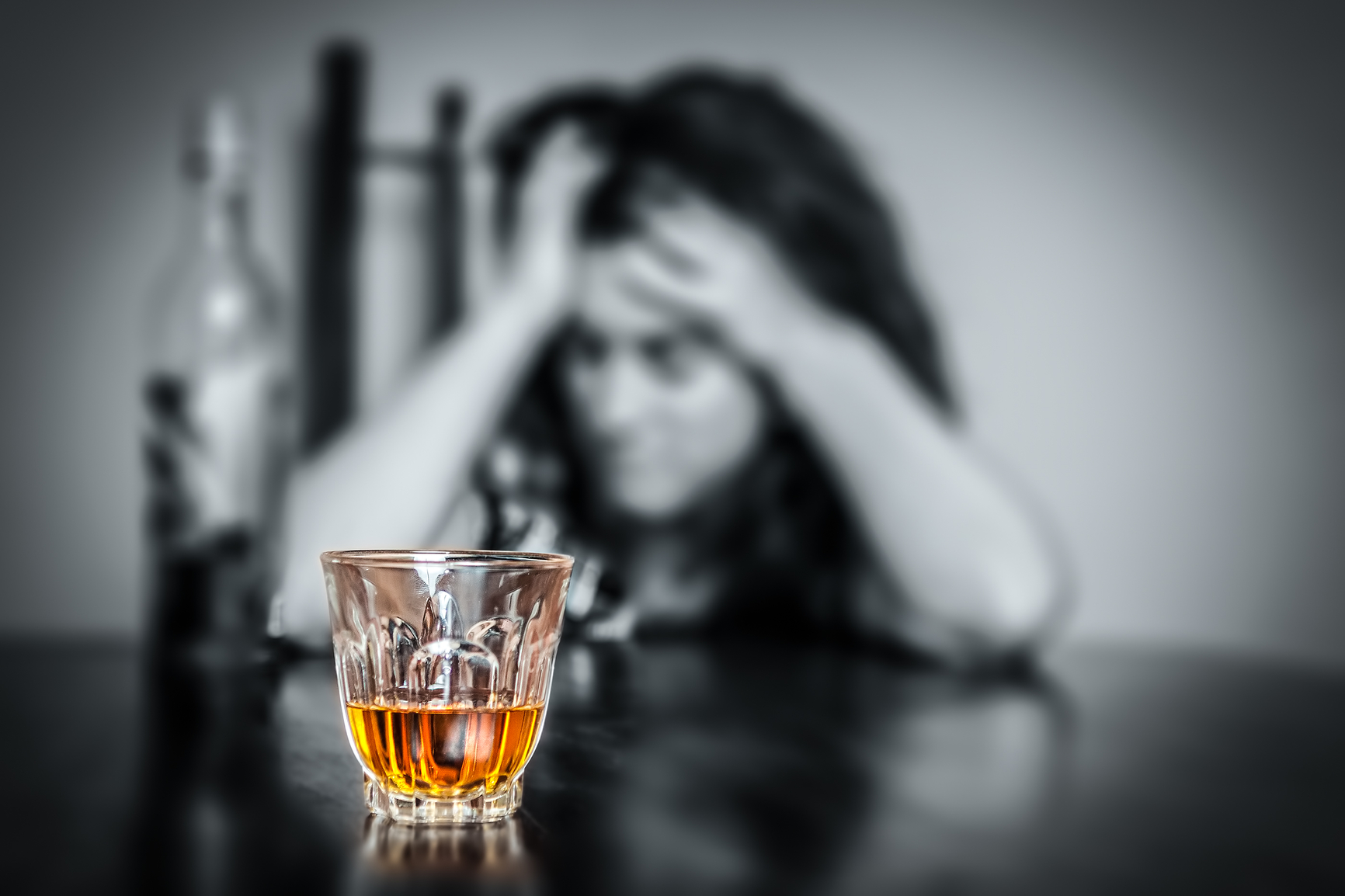
SOCIAL ANXIETY DISORDER
It happens to everyone to be shy from time to time. For example, many people feel nervous before making a presentation or meeting an employer for the first time. A slight shyness does not hurt, on the contrary, it prevents doing things that could be embarrassing or cause problems. But if you are so shy that it causes you problems at school, at work or in your interpersonal relationships, then you may be suffering from a social anxiety disorder …
Social anxiety (or social phobia or social anxiety disorder) is a disorder that makes people who suffer from it very nervous in a social situation, especially in the presence of people or unknown situations, or when they are afraid of to be judged.
These people are afraid to show their anxiety or make a mistake that will embarrass them.
This anxiety can be so severe that it leads them to avoid a range of situations, and they may end up shutting themselves up and becoming unable to function to their full potential.
What Are the Causes?
Difficult to answer this question with certainty. However, we can identify factors such as heredity, family environment, education and milestones. If, for example, you have been ridiculed or ridiculed in front of the whole class by a teacher or elementary school teacher because you did not know how to answer a question, chances are you have difficulty taking speech in public. It is important to mention that we live in a society that values individualism and performance. There is reason to wonder about the effects this quest for excellence has on our interpersonal relationships.

Symptoms
You must be anxious to behave in a shameful or humiliating way. When you live these situations, anxiety is almost always present. Extreme forms of this anxiety can lead to the panic attack.
You know that this anxiety is exaggerated or unreal.
You must be anxious to behave in a shameful or humiliating way. When you live these situations, anxiety is almost always present. Extreme forms of this anxiety can lead to the panic attack.
You know that this anxiety is exaggerated or unreal.
The social situation leads to avoidance behavior.
Situations that cause anxiety have a huge impact on everyday life, your work environment, your social daily life, or your relationships.
People under 18 must experience anxiety symptoms of social phobia for at least 6 months.
Social phobia can have no physical cause or be the result of substance abuse. The symptoms cannot be caused by another mental disorder either.
The manifestations of social anxiety are diverse. In the spotlight, people often feel palpitations, headaches. They sweat more than usual, they have knotted stomachs, are tense and have dry mouth and throat. The most feared symptoms are those that reveal, against our will, our nervousness. Blushing, stuttering and trembling are part of it. People then tend to focus more on these manifestations, which has the effect of amplifying them and thus increase, in turn, the level of anxiety.
Anxiety throws us into embarrassment and we feel embarrassment and shame. This anxiety can even turn into panic. We will then tend to avoid directly by refusing invitations, or in a more subtle way by not looking people in the eye, not speaking or making only brief sentences.
If we could hear the thoughts that pass through the mind of people who suffer from this phobia before, during and after a social situation, we would discover a very negative inner discourse. Before a meeting, these people often anticipate the worst scenarios. Once there, they focus on their inner discomfort rather than on the current meeting. Back home, they relentlessly replay the film of this meeting, looking for alleged errors and amplifying the consequences of these.
Not only do these autoverbalizations contribute to increased anxiety and avoidance related to it, but they promote social failure. The person who is afraid of the plane does not increase, by his thoughts, the risk of crushing. However, the individual who fears social situations will limit his interactions and thus create less interest in others.
You must be anxious to behave in a shameful or humiliating way. When you live these situations, anxiety is almost always present. Extreme forms of this anxiety can lead to the panic attack.
You know that this anxiety is exaggerated or unreal.
The social situation leads to avoidance behavior.
Situations that cause anxiety have a huge impact on everyday life, your work environment, your social daily life, or your relationships.
People under 18 must experience anxiety symptoms of social phobia for at least 6 months.
Social phobia can have no physical cause or be the result of substance abuse. The symptoms cannot be caused by another mental disorder either.
The manifestations of social anxiety are diverse. In the spotlight, people often feel palpitations, headaches. They sweat more than usual, they have knotted stomachs, are tense and have dry mouth and throat. The most feared symptoms are those that reveal, against our will, our nervousness. Blushing, stuttering and trembling are part of it. People then tend to focus more on these manifestations, which has the effect of amplifying them and thus increase, in turn, the level of anxiety.
Anxiety throws us into embarrassment and we feel embarrassment and shame. This anxiety can even turn into panic. We will then tend to avoid directly by refusing invitations, or in a more subtle way by not looking people in the eye, not speaking or making only brief sentences.
If we could hear the thoughts that pass through the mind of people who suffer from this phobia before, during and after a social situation, we would discover a very negative inner discourse. Before a meeting, these people often anticipate the worst scenarios. Once there, they focus on their inner discomfort rather than on the current meeting. Back home, they relentlessly replay the film of this meeting, looking for alleged errors and amplifying the consequences of these.
Not only do these autoverbalizations contribute to increased anxiety and avoidance related to it, but they promote social failure. The person who is afraid of the plane does not increase, by his thoughts, the risk of crushing. However, the individual who fears social situations will limit his interactions and thus create less interest in others.
There are several effective treatments for this condition and the anxiety symptoms associated with it.
Consult a Professional
Being followed by a mental health professional can be of great benefit to people with social anxiety or those with real social phobia. A variety of cognitive therapies can help reduce the effects of anxiety-provoking situations. They can also help fight the cross symptoms of other disorders such as obsessive-compulsive thoughts. They can also help improve self-awareness, defy shyness and develop social skills, by facilitating social life and meeting new people. Here are some examples of services that could help people with social phobias or social anxiety: support groups, exposure therapy, cognitive behavioral therapy (CBT) and role play.
Treat All Concurrent Disorders
Solicit treatment for somatic or mental health problems such as obsessive-compulsive disorder, panic disorder, other phobias, anxiety and anxious thoughts, depression and negative thoughts, as well as panic attacks and panic disorder. These other anxiety disorders and mental illnesses can exacerbate the symptoms of social anxiety, making them more intense and difficult to treat.
Pharmaceutical Drugs
It has been shown that beta-blockers, anxiolytics and anti-depressants can all have some effect on the symptoms of social anxiety disorder. They have been shown to be more effective when used in combination with cognitive behavioral therapy (CBT). This combination is also effective in the treatment of other mental disorders and anxiety disorders, including panic disorder. Medications such as antidepressants should always be taken with the advice of a health professional, as they can have serious and undesirable side effects in the short or long term.

